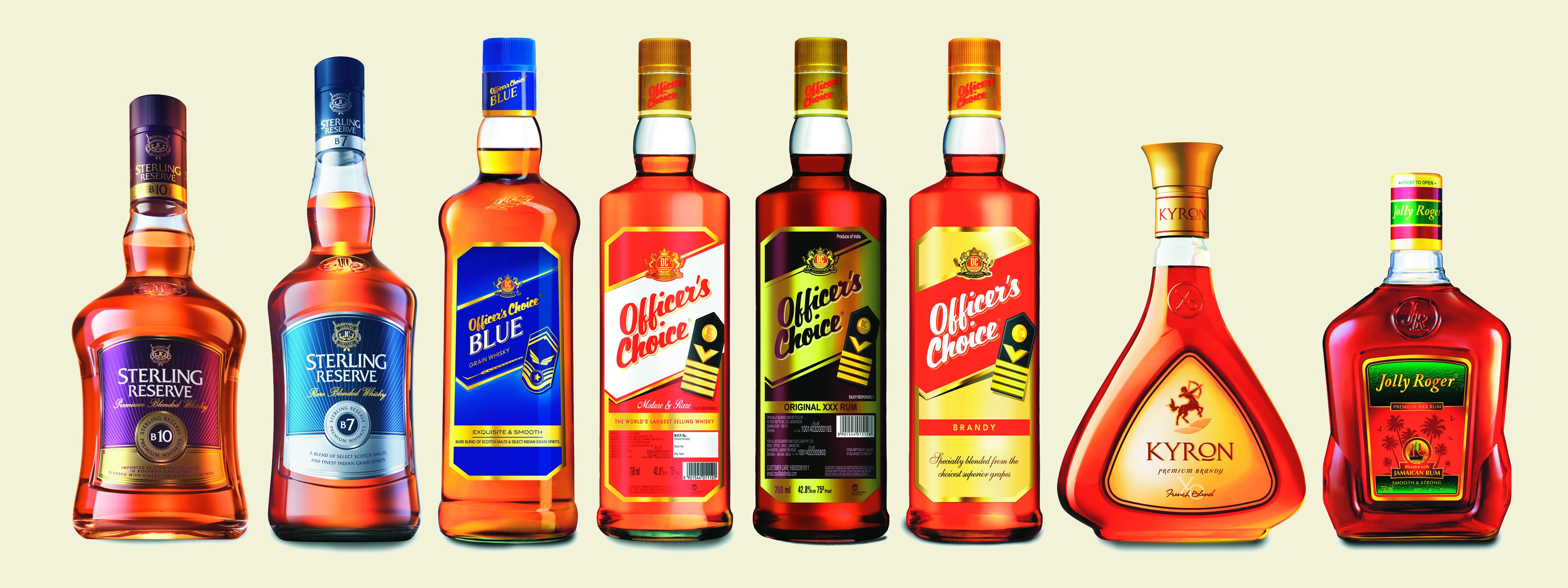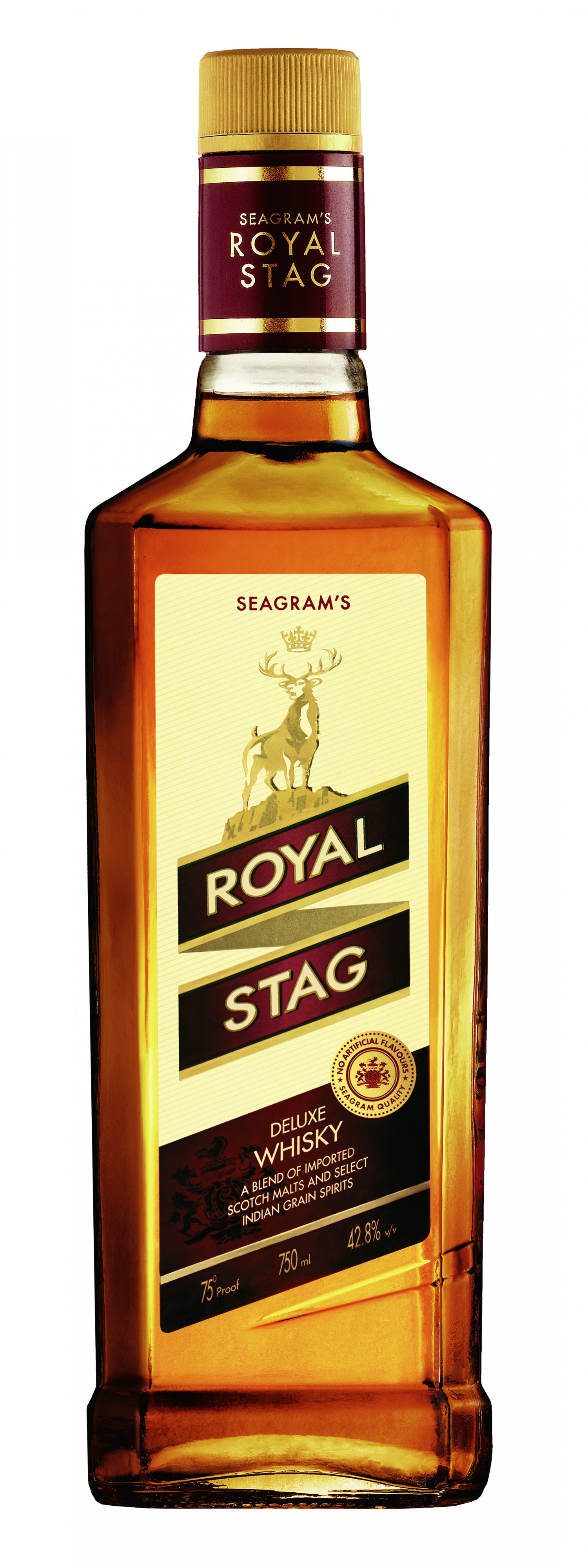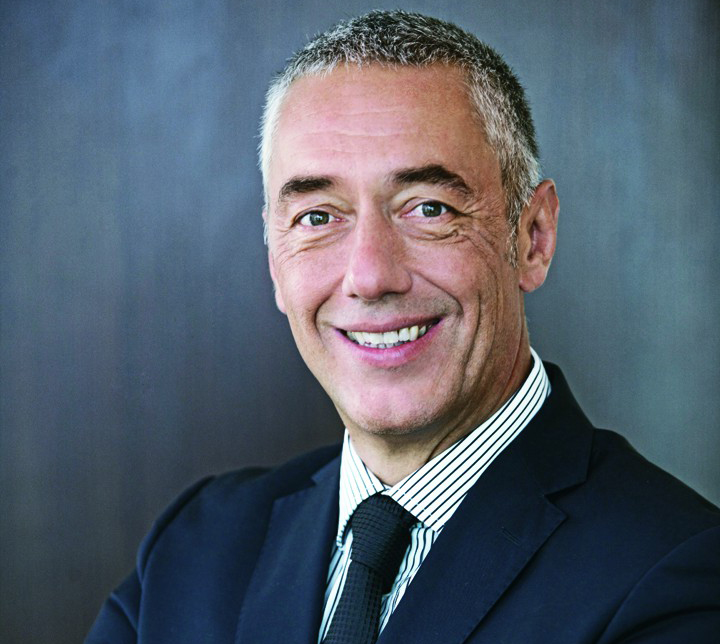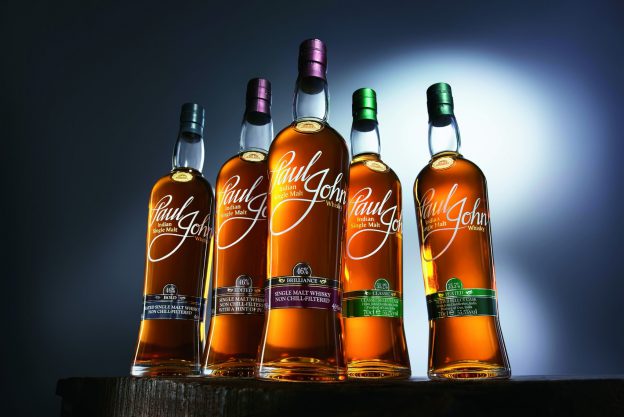“A stable government is indeed welcome for the nation and economy. We hope that the new government will reinforce its progressive policies towards the industry, and usher in the next phase of reforms to promote ease of doing business and ‘Making in India’. We also look towards the Federal government to encourage states to urgently bring comprehensive regulatory reform into key state- GDP contributing sectors such as alcoholic beverages,” says, Anand Kripalu, Managing Director and CEO, Diageo India.
ABD in its new avatar, has discovered growth in volumes and is now translating it in to value by creating millionaire brands of its premium brands. The elections and the policies will be closely watched. Will Bihar lift prohibition under the new government? That is perhaps the question on the lips of all marketers.The beer industry has its fair share of challenges. And with the competition heating up and input prices rising it is becoming difficult to invest in growth. “With a strong mandate that the government has received, we look forward to sustained reforms that will spur further growth in the economy. We also look forward to continued emphasis on ease of doing business,” says Shekhar Ramamurthy, Managing Director, United Breweries Ltd.
Plagued by high taxes, both Central and State, the Indian alcobev industry is struggling to find the way forward. Some years ago it was the number game and companies like USL managed to cross the 100 million cases mark and brands like Officer’s Choice crossed the 30 million cases mark. But those numbers did not translate into profits and only companies like Pernod Ricard consistently remained in the black.“It is indeed a blessing that India has elected a strong and stable Goverment and I look forward to more structural reforms so that India can continue on a strong growth trajectory with gainful employment for all its citizens. I also expect the federal goverment to build consensus amongst all states to include potable alcohol in GST,” said Deepak Roy, ABD Vice Chairman.
 But now companies are scaling down their volumes where the margins are thinner, introducing premium brands and focussing on profits. Diageo is working to get consumers to ‘premiumise’. The company is working to taking a long term view and creating business value. The history associated with Diageo’s iconic brands, too, bears testimony to such far-sightedness.
But now companies are scaling down their volumes where the margins are thinner, introducing premium brands and focussing on profits. Diageo is working to get consumers to ‘premiumise’. The company is working to taking a long term view and creating business value. The history associated with Diageo’s iconic brands, too, bears testimony to such far-sightedness.
However, despite all the challenges in the Indian alcobev industry, Radico has managed to do well, particularly after the opening of the UP market. They have also successfully launched 8 PM Premium Black followed by a big media blitz. Even Magic Moments is maintaining its leadership position backed by heavy advertising on TV channels.
Whereas down South KALS Group has been growing very fast particularly after acquiring Imperial and introducing more products like Sparta and so on. It is aspiring to expand to other markets beyond South and has chalked out long term plans.While congratulating on the grand come back of PM Narendra Modi, Dr. Lalit Khaitan, Chairman of Radico Khaitan Ltd. says, “The voters have endorsed Modi’s decisive leadership, his ability to take the country from red tape to red carpet, his government’s multiple schemes to pull out millions from abject poverty and provide them essential services like electricity, cooking gas, bank accounts and free health services.”
In India Diageo is taking a long term view well emphasised by the purchase of USL for over US$ 3 billion which could create tremendous opportunities for the next 20 to 30 years.KALS CMD Mr.S Vasudevan says on the historic victory of the NDA government, “I wish our Honourable Prime Minister Mr. Modi for his impeccable victory. This is a well-deserved victory for transforming our nation in terms of controls, governance, and GDP growth. I personally look forward to having reforms in the IMFL Industry as well that contributes significant revenue to the respective states. I wish the new government all the very best and I’m confident under the leadership of our Honourable PM, India will get into the strides of excellence.”
USL added about 5,000 employees to Diageo’s global workforce, and it wasn’t just about gaining access to a strategically important market. The company’s Indian talent pool and its investments in IT and service centres in India serve not just the Indian market, but the group globally.
 And having overcome the legacy issues associated with the USL acquisition, Diageo claims to have set itself the ambitious target of “changing the alcohol industry in India”. Much of that effort revolves around a campaign to inculcate the spirit of ‘responsible drinking’, which translates into reinforcing moderation, and in promoting road safety in collaboration with State governments.
And having overcome the legacy issues associated with the USL acquisition, Diageo claims to have set itself the ambitious target of “changing the alcohol industry in India”. Much of that effort revolves around a campaign to inculcate the spirit of ‘responsible drinking’, which translates into reinforcing moderation, and in promoting road safety in collaboration with State governments.
And the way Diageo hopes to make the transformation in India is to “premiumise” the business by inducing consumers not to “drink more”, but to “drink better”, by moving to up-scale brands. That has also seen it franchise out some of the lower-end brands it acquired along with USL, and renovate its brands.
Companies like Pernod Ricard has had a sound strategy in place as well. Not only most of its brands are millionaire brands but they enjoy good margins and the company has consistently delivered profits over the years.
Pernod Ricard launched recently its 2030 ‘Sustainability & Responsibility’ roadmap as part of the Group’s strategic plan to ‘Transform & Accelerate’. This roadmap sets out 8 ambitious and concrete 2030 targets supporting the United Nations Sustainable Development Goals (SDGs) which was unveiled at the Martell Cognac distillery in France. The Group is taking bold next steps in addressing both environmental topics, to preserve the terroirs its products come from, and social responsibility, in particular by accelerating the fight against alcohol misuse.
But the company too has suffered from disruptions and would like more business friendly policies. Says Guillaume Girard-Reydet, Managing Director, Pernod Ricard India, “The people of India have exhibited with full clarity, their confidence in stability and progress in current reforms. I encourage this government to continue the momentum on reforms in the economy, to increase ease of doing business and comprehensive regulations enabling best growth for India.”
Scotch Whisky Association is also looking at a long term boost to its business value. It has drawn up plans till 2050.
Mumbaikars appear to be more discerning about their alcohol now than they were seven years ago. Consumption of hard, and, at times, spurious, country liquor has barely increased, but the tribe of wine-drinkers has risen by over 67% in the seven-year period.
Consumption of country liquor (CL) increased only 5.7% in this period, prompting experts to say that people with lower income who opt for it have controlled their drinking habit. However, those preferring the costlier IMFLs have increased by almost 30%, show the seven-year data. The consumption of the ‘safe’ option – beer – has only increased by 6% in this period. Beer and wine have less chemical spirit (up to 17%) content than IMFL and CL (which have up to 44%).
“People go for IMFL and CL or may be a mix for a better and quicker kick. But since the chemical spirit is higher in both of them, there are chances of them adversely affecting a patron’s health. It’s hence a worrying sign that Mumbaikars are increasingly drinking more IMFL than beer,” said an expert who works for the de-addiction campaign.Excise duty on beer has made prices similar to that of IMFL. This, experts say, comes as a major discouragement for those who want to switch over to liquors with lesser pure spirits. On the contrary, countries in the West and a few in Asia like China encourage beer to ensure minimal damage to the health of regular drinkers, by offering cheaper pricing.
Between 2010 and 2017, alcohol consumption in India increased by 38% from 4.3 to 5.9 litre per adult per year, said the researchers. In the same time, consumption in the US (9.3-9.8 litres) and in China (7.1-7.4 litres) increased marginally.


